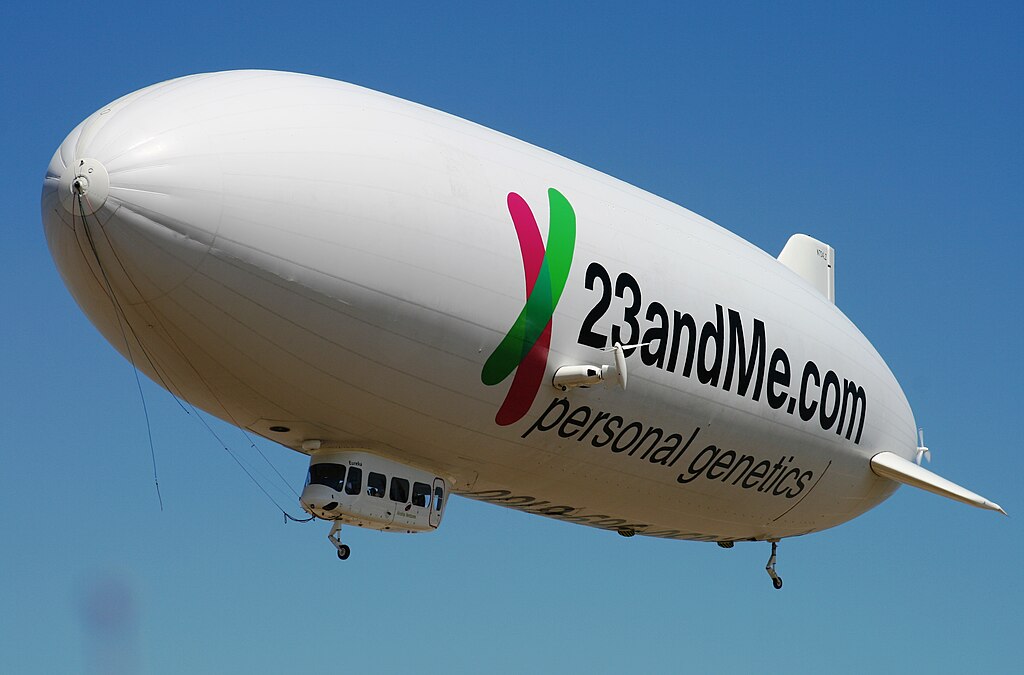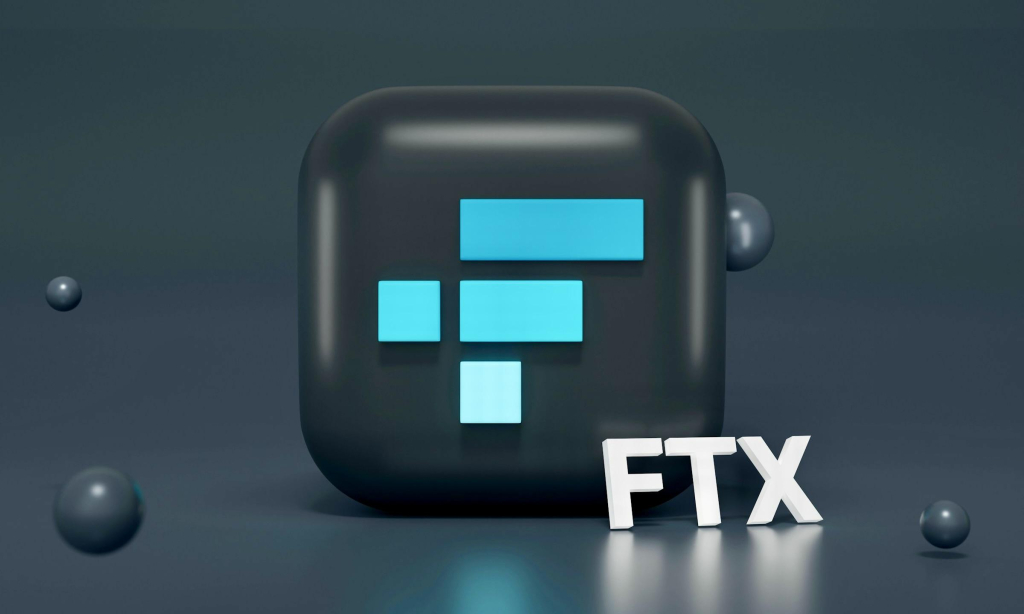Israel has launched an experiment for its digital shekel CBDC, inspired by Project Rosalind, aiming to enhance digital payments.
Bank of Israel Collaborates with Service Providers for Digital Shekel CBDC, Launches "Digital Shekel Challenge" Inspired by Project Rosalind
According to Cointelegraph, Israel plans to accelerate the creation of the digital shekel, its proprietary central bank digital currency (CBDC).
With a focus on the digital shekel, the Bank of Israel (BoI) intends to collaborate with several service providers to co-develop a sophisticated digital payments ecosystem. The announcement from the central bank was roughly translated as follows:
"As part of the action plan for the possible issuance of the digital shekel, the Bank of Israel is planning the "Digital Shekel Challenge" — an experiment inspired by the "Project Rosalind" carried out by the BIS Innovation Hub."
Project Rosalind, a collaborative effort between the Bank of England and the Bank for International Settlements (BIS), aims to create application programming interface prototypes.
The competition will see participants create real-time CBDC payment systems for the general public in a sandbox environment connected to an application programming interface (API) layer provided by the BoI. To learn more about blockchain APIs, read the crypto guide on Cointelegraph.
Shauli Rejwan, managing partner at Tel Aviv-based venture capital firm Masterkey Venture Capital, detailed the program in an interview with Cointelegraph.
"The program consists of three phases: application and presentations, access to the new network for selected projects, and a final presentation to judges, some of whom have spoken at recent crypto events."
Though decentralized finance, zero knowledge, and permissionless solutions are not being addressed, the program may close the gap between the Web3 business and government.
Israel invited public, commercial, and academic organizations to participate in the trial. The central bank additionally stated:
"Priority will be given to uses with original and innovative characteristics in the payments world, whether they are improvements to existing applications or completely new applications."
BoI Deputy Governor Andrew Abir Highlights Benefits of Digital Shekel, Public Expresses Privacy Concerns
While CBDCs are intended to support universal use cases, participants in Israel's CBDC experiment can also provide solutions for particular circumstances and niches.
BoI deputy governor Andrew Abir stated on April 16 that CBDC's rivalry with banks benefits the country's economy. Abir thought that people would favor the creation of a digital shekel.
"The digital shekel will not be developed by some anonymous Satoshi Nakamoto. Everyone will know who is behind the digital shekel and who is responsible for it — […] the same Bank of Israel that stands behind the cash we all know and trust."
Abir thinks that the digital shekel might also be advantageous to the BOI. He said that the mere ability to own digital shekels would encourage banks to offer better interest rates.
A May 11 public consultation report validated Abir's opinions on public support for CBDC development.
"All of the responses to the public consultation indicate support for continued research regarding the various implications on the payments market, financial and monetary stability, legal and technological issues, and more."
All of the respondents, however, expressed concern about the possibility of privacy violations with CBDC.
Photo: Microsoft Bing

























Comment 0